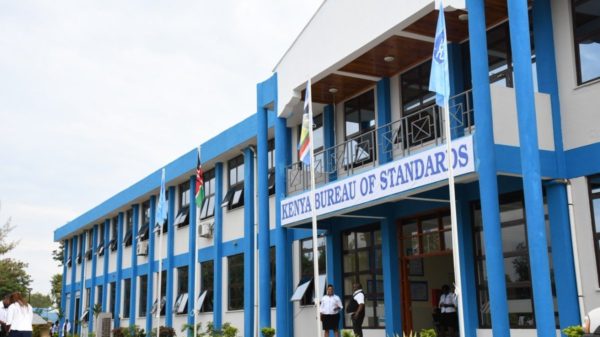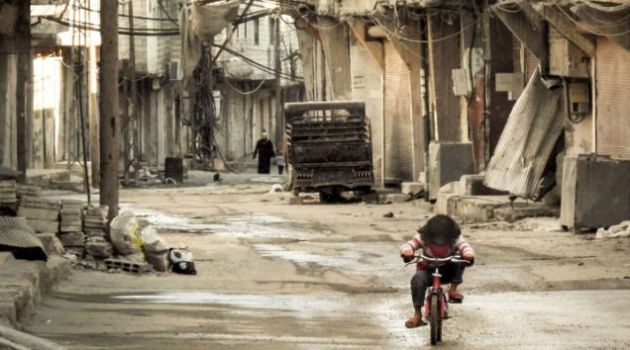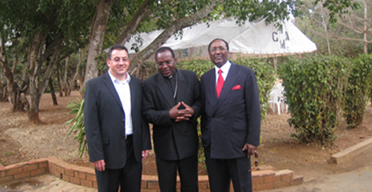NAIROBI, September 14 – Picture this: You have the option to rake in millions of shillings from the sale of an old property but instead you choose to give it away for a noble cause!
That is what Nairobi Bottlers Limited Chairman Chris Kirubi and his board members did a few years ago, when they decided to forego the money that would have come from the sale of their defunct East Kenya Bottlers Plant in Machakos, and offered it to the Catholic Diocese to operate an institution of higher learning.
The facility was worth Sh140 million.
“I think it is God who touched my heart and took away the business issues that I’m well known for,” said Kirubi who revealed to Capital Business that the idea to donate the 27.5-acre plant was mooted at a board meeting.
“It’s great to see the beginning of a journey that came to me in a meeting. We could have sold it and made a lot of money from it,” he adds.
And Kirubi confesses that the desire to leave a mark in Machakos, where they had operated for many years just did it for him. “We are moving away from Machakos, but what have we left for the local people?”
The board was in agreement that they needed to do something that would benefit the community.
And so, the process started in October 2006 when the company approached the Diocese to seek a way in which the two institutions could convert the plant. A series of meetings and discussions followed.
In 2007, the diocese was asked to prepare a proposal on the kind of college that would be started.
Several proposals for the institution’s name were discussed and both parties settled for Machakos Institute of Development Studies.
Other facilities that were envisaged to be put in place at the institute were dispensary for the local community, a cyber café, garage, farming and provision of water to nearby community.
A project charter was prepared by the two parties and discussed at length. The diocese was to provide personnel, who would be managed by a board of directors drawn from both the church and the bottling company.
Why invest in education? Why not invest in anything else? Why partner with a Catholic Church? One wonders.
The selection of the Catholic Church, Kirubi explains, was no accident: It was chosen because of a proven track record in support of education programs.
“If you want to help the hungry, teach them how to fish,” he says to support the phrase that education is the key that would unlock the country’s potential.
“Our nation, especially the young people are hungry for education,” states the Chairman.
“We will match every Sh2 for every shilling that the church puts into the project,” he promises.
“Businesses ought to invest fully in the societies from which they draw their profits,” he expresses.
The Machakos Diocese Bishop sees the project as an answered dream as they have always wanted to have an institution of higher learning.
“This is a great blessing for us,” says the elated Bishop Martin Kivuva.
Kivuva vows to mobilise his congregation to contribute to the project so that Nairobi Bottlers can match the funds so that they can have their first intake of students as quickly as possible.
The Bishop says they will introduce courses such as IT, agriculture-based syllabuses and accounting although he is quick to add that the development of the curriculum will be guided by the needs of the community.
Nairobi Bottlers Managing Director Darly Wilson says they have the vision, the plan and the enthusiasm to turn the institute into a fully-fledged university in the next few years.
He says the company together with the church will raise the funds to carry out the rehabilitation of the site which will include the construction of dormitories, libraries and swimming pools.
Wilson says they are looking for experts such as architects and a Dean to advice them on a number of issues that will help them turn the former bottling factory into a prestigious college.
In reference to the recent spate of school riots, Kirubi cautions that the country should not entirely condemn the students for the strikes but the society should re-look at its role of providing guidance to young people.
“We should ask ourselves; have we abandoned them? Have they been taught the principles of Christianity? Are teachers really committed?” he poses.























